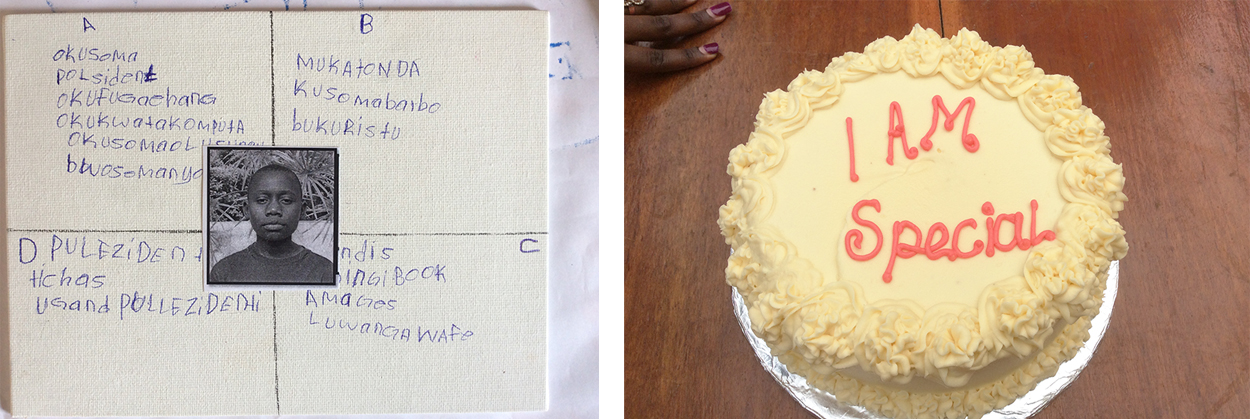
This two-day retreat for older students includes presentations on a variety of topics from GEN Uganda, an organization that trains, mentors and supports families, teachers and leaders nurture the whole child. Their presentations are focused on helping Road to Hope students acquire life skills. Some typical activities include:
• Personal reflection where the students are asked to think about themselves (both good and bad things) and what leads them to think that way. This enables the students to reflect back on their behavior, as well as their relationships with their family, friends and community.
• Discussions about self-awareness, the ability to know who you are and what you want. Students are encouraged to think and write down their abilities, belief systems, character which included the strengths and weakness, and dreams in life. This enables them to know who they are and helps them establish a goal in life.
• Discussions about elf-esteem, the ability to know how one feels about oneself and what they believe others feel about them. Participants are reminded of how special they are despite of what they go through in their lives and that their value does not diminish however much they may be challenged, just like money which never loses value.
• Coping with emotions. Emotions are both positive (happy, cheerful) and negative (worry, fear and guilt). During this discussion, students were informed that it’s important to manage emotions because it affects relationships, causes emotional stress and causes the mind not to function properly.
• Making good friends. This topic started with an exercise in which the students formed groups and a representative was asked to mention the names of children at the retreat. This was one of the ways of making friends as it is important to know someone’s name. They also discussed different types of friends including intimate friends, close friends, casual friends and situational friends.
• Relating with opposite sex. This is particularly important for vulnerable children who often lack the direction a parent would provide.
• Financial management. This included group discussions on managing finances including on how best to plan and use their pocket money.
